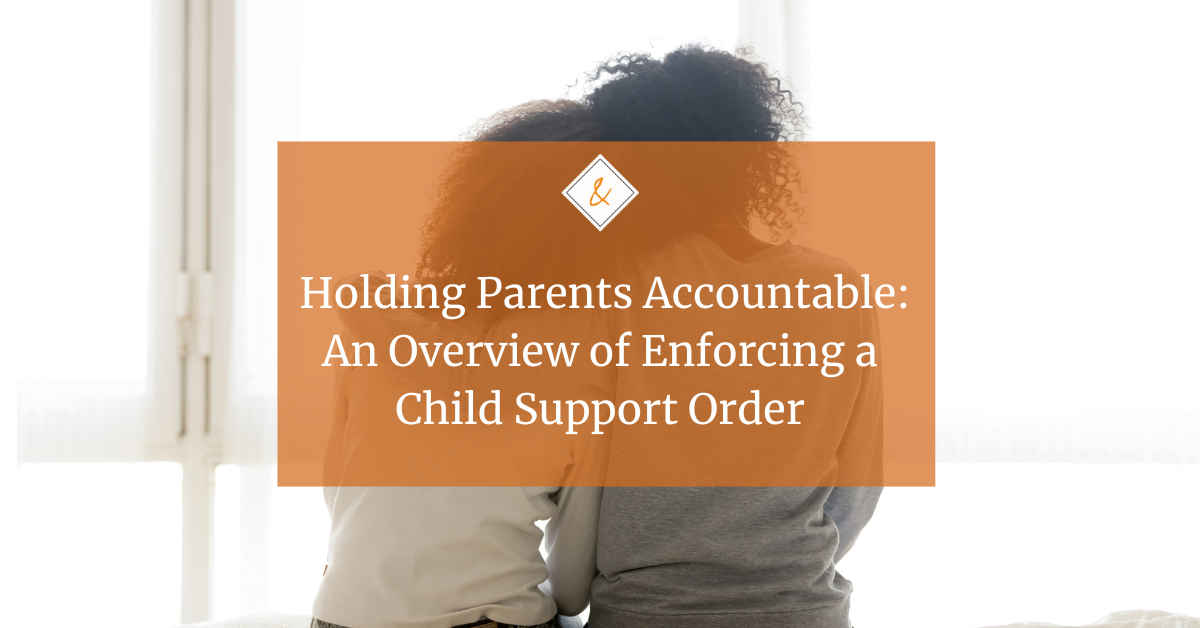Many people who are stuck in an unhappy marriage decide to wait until after the holidays to “pull the plug” and move forward with filing for divorce. If you have made the decision to end your marriage, please make a New Year’s resolution and avoid these ten things as you untangle your marriage:
- Draining the funds from marital accounts (whether titled jointly or in your name alone) by spending the money or moving the money to a new account. A court will not look favorably upon you if you dissipate marital assets to the exclusion of the other spouse. You should maintain the status quo with respect to the assets. Also, if you believe your spouse may exercise self help and remove money from bank accounts, you should discuss the possibility of freezing marital assets with your attorney.
- Changing the locks on the marital residence. Both parties have equal rights and access to the marital home and one party may not unilaterally exclude the other party absent agreement or court order granting him or her exclusive possession of the marital home pending the divorce proceeding.
- Taking to Facebook and other social media outlets. While you may be upset with your spouse, social media is not the venue to air your frustrations. Remember, anything you post may be used against you and nothing good can come of your bad-mouthing your spouse. Also, be careful about what you and/or your “friends” post about you on Facebook. Pictures of you hanging over a bar or downing shots will not bode well for your custody case.
- Recording conversations with your spouse. As tempting as it is, in Pennsylvania it is illegal to audio record another party without their express consent. Oftentimes, spouses believe that if a judge could just hear what their spouse said to them or how they said it to them, it would help their case. However, resist the temptation because it is not permitted and is against the law.
- Putting your children in the middle: You should not put your children in the middle of your divorce, support or custody proceeding. You should not discuss your case with them. If possible, you and your spouse should tell your children together of your plans to divorce and stress that you both love them very much and the divorce has nothing to do with them.
- Get physical with your spouse: Emotions can run high and those closest to us know how to push our buttons. In some cases, spouses may be separated but living under the same roof which oftentimes creates an atmosphere ripe for conflict. One spouse may be looking for a way to have the other spouse removed from the marital home and abusive behavior could result in the entry of a protection from abuse order, including a provision evicting the abusive spouse from the house. Don’t let the other party bait you into losing your temper and acting in a way that a court may find rises to the level of a finding of abuse to support the entry of a protection order. It’s better to just walk away.
- Bury your head in the sand: If you were never the spouse who handled the finances or paid the bills, dealing with the economic issues surrounding the divorce can often times be overwhelming. However, you cannot be paralyzed by it. Make every effort to compile and copy all financial records you can get your hands on (going back three years), including tax returns, bank statements, brokerage statements, retirement account statements, etc. Don’t worry if you don’t have access to this information, as you or your attorney can get this information as part of the discovery process.
- Clean out the furniture from the marital home: The personal property in the marital home (with the exception of items that may be premarital, gifted or inherited items) are marital assets subject to distribution and neither party should be moving items out of the house without the other party’s agreement. A judge will not be happy to learn that one spouse took it upon himself or herself to take all of the furniture and leave the other spouse with an empty or semi-empty home.
- Lose your sense of civility and compromise: While divorce and custody proceedings can be extremely contentious, there may come a time that calls for you to compromise. You will gain favor in the court’s eyes if you are perceived as the reasonable party who is willing to do the right thing. For example, your spouse may ask you to switch custodial times because he has a special family event he would like the children to attend. If you are able to accommodate that request, perhaps you should do so. You might need to switch dates sometime down the road and goodwill goes a long way.
- Enter into an agreement without getting legal counsel: Many times one spouse will try to pressure the other spouse to sign an agreement quickly to put the divorce behind them and move on. Often this is done without the benefit of a full and complete financial disclosure of each party’s assets, liabilities and income. Don’t rush into signing any document without the benefit of such a disclosure and the advice of independent legal counsel.
Happy New Year!



